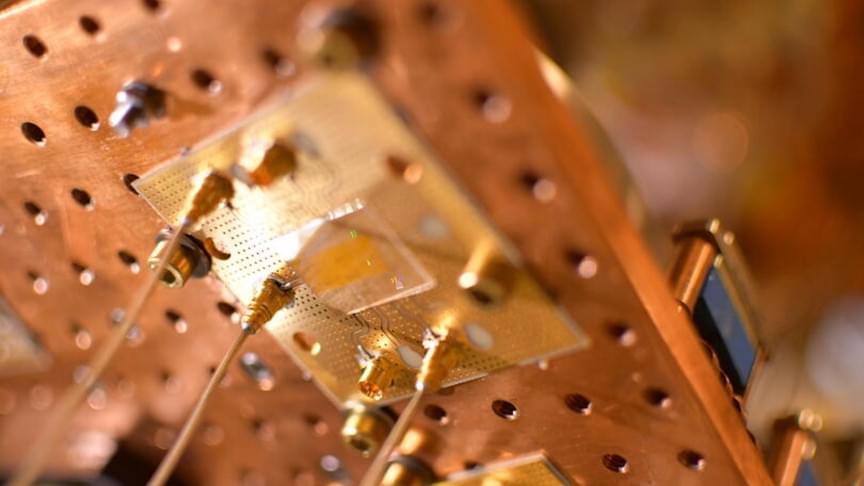Samsung has announced the first mass production of computer chips using a 3 nanometre (nm) process.
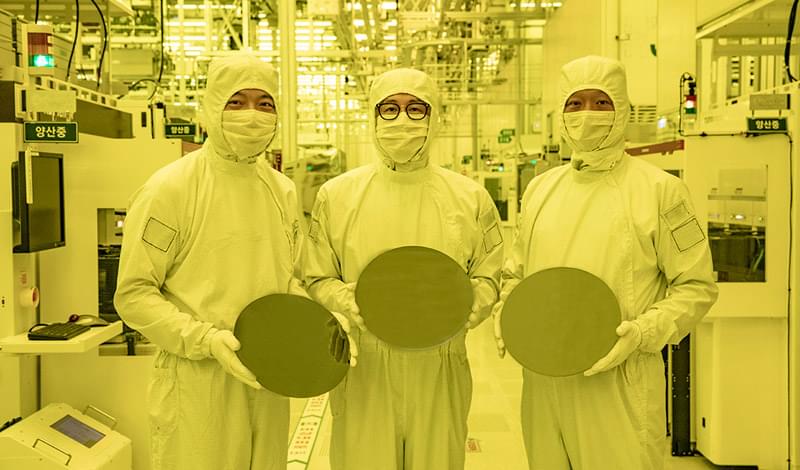

Creative thought is surely among our most precious and mysterious capabilities. But can powerful computers rival the human brain? As thinking, remembering and innovating become increasingly interwoven with technological advances, what are we capable of? What do we lose? Join Luciano Floridi, John Donoghue, Gary Small and Rosalind Picard for a thought-provoking program about thinking.
This program is part of The Big Idea Series, made possible with support from the John Templeton Foundation.
The World Science Festival gathers great minds in science and the arts to produce live and digital content that allows a broad general audience to engage with scientific discoveries. Our mission is to cultivate a general public informed by science, inspired by its wonder, convinced of its value, and prepared to engage with its implications for the future.
Visit our Website: http://www.worldsciencefestival.com/
Like us on Facebook: https://www.facebook.com/worldsciencefestival.
Follow us on twitter: https://twitter.com/WorldSciFest.
Original Program Date: June 4, 2010
MODERATOR: John Hockenberry.
PARTICIPANTS: Luciano Floridi, Gary Small, Rosalind Picard, John Donoghue.
John Hockenberry Introduction 00:00

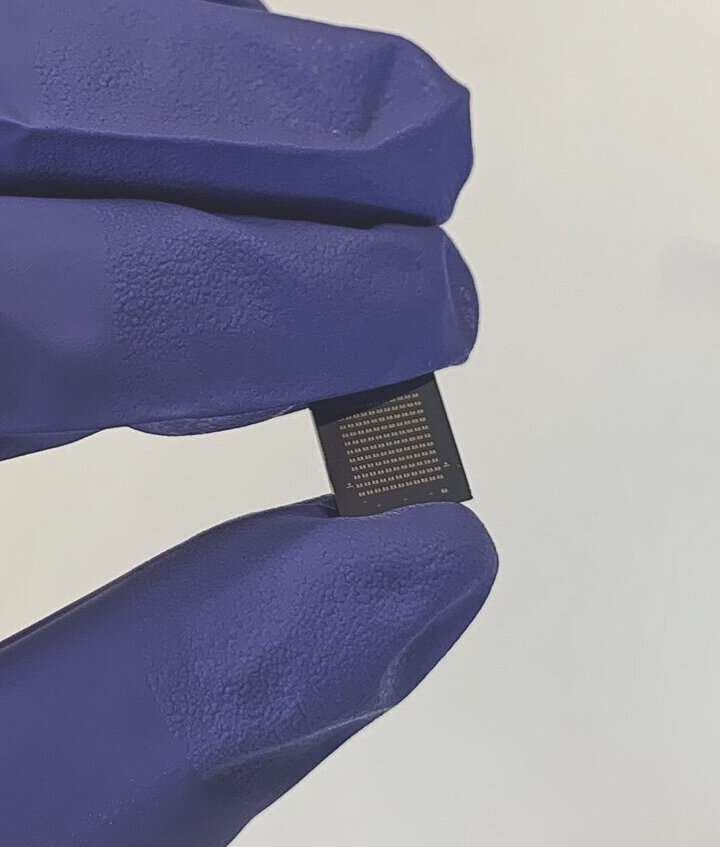
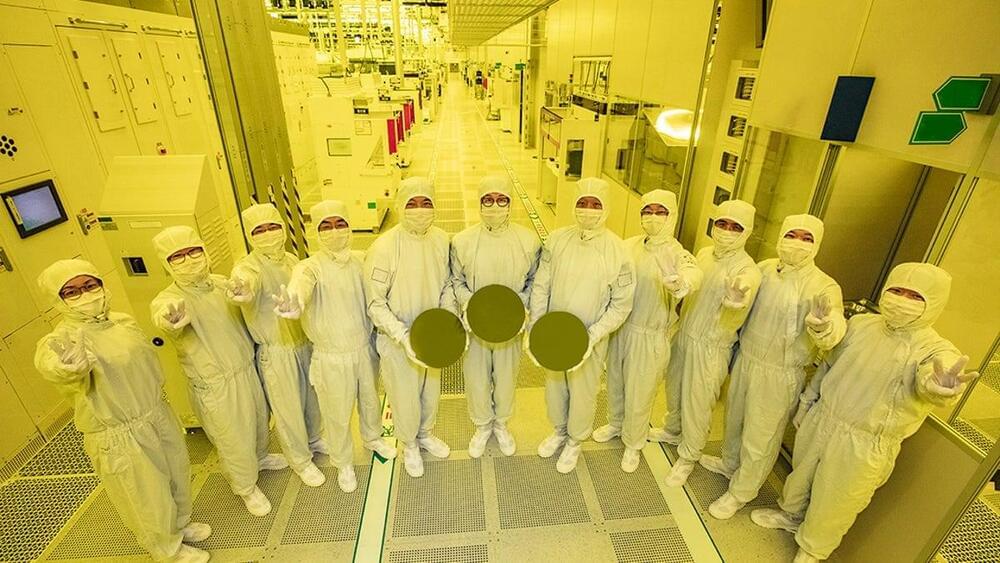
“We are starting to help patients in ways that we did not think were possible,” Thomas Oxley (Mount Sinai Hospital, New York, USA) tells NeuroNews, referring to the potential of brain-computer interface (BCI) technology. Alongside his role as a vascular and interventional neurologist, Oxley is chief executive officer of Synchron, developer of the Stentrode motor neuroprosthesis. The Stentrode is an implantable BCI device that, according to Oxley, is the first of its kind to be in the early feasibility clinical stage in the USA following US Food and Drug Administration (FDA) approval of Synchron’s investigational device exemption (IDE) application last month. Speaking to NeuroNewsfollowing a presentation on the topic at the Society of NeuroInterventional Surgery’s 18thannual meeting (SNIS; 26–29 July 2021, Colorado Springs, USA and virtual), Oxley gives an overview of the COMMAND early feasibility study, anticipates key results, and considers more generally how BCI technology could shape the future of deep brain stimulation.
What if we built a Matrioshka Brain? In this video, Unveiled asks what would happen if we built a computer AROUND A STAR? This is one of the most incredible megastructures we’ve ever even contemplated… but what would the universe be like if it was home to these things? And how would we possibly keep control?
This is Unveiled, giving you incredible answers to extraordinary questions!
Find more amazing videos for your curiosity here:
What If Humanity Was A Type VII Civilization? — https://youtu.be/pz-Z8AavJZY
What If the Universe is an Atom? — https://youtu.be/WYyu9h9JJfg.
Are you constantly curious? Then subscribe for more from Unveiled ► https://wmojo.com/unveiled-subscribe.
#MatrioshkaBrain #Kardashev #Future
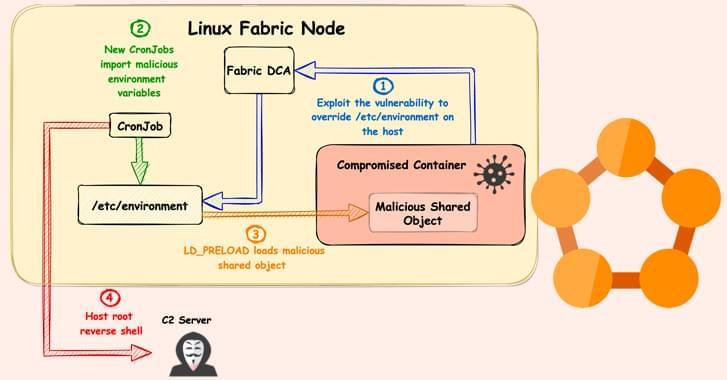
At present, our brains are mostly dependent on all the stuff below the neck to turn thought into action. But advances in neuroscience are making it easier than ever to hook machines up to minds. See neuroscientists John Donoghue and Sheila Nirenberg, computer scientist Michel Maharbiz, and psychologist Gary Marcus discuss the cutting edge of brain-machine interactions in “Cells to Silicon: Your Brain in 2050,” part of the Big Ideas series at the 2014 World Science Festival.
This program is part of the Big Ideas Series, made possible with support from the John Templeton Foundation.
Visit our Website: http://www.worldsciencefestival.com/
Like us on Facebook: https://www.facebook.com/worldsciencefestival.
Follow us on twitter: https://twitter.com/WorldSciFest.
Original Program date: May 29, 2014
Host: Robert Krulwich.
Participants: Gary Marcus, John Donoghue, Sheila Nirenberg, Michel M. Maharbiz.
Robert Krulwich’s Introduction. 00:11
Participant Introductions. 2:00
